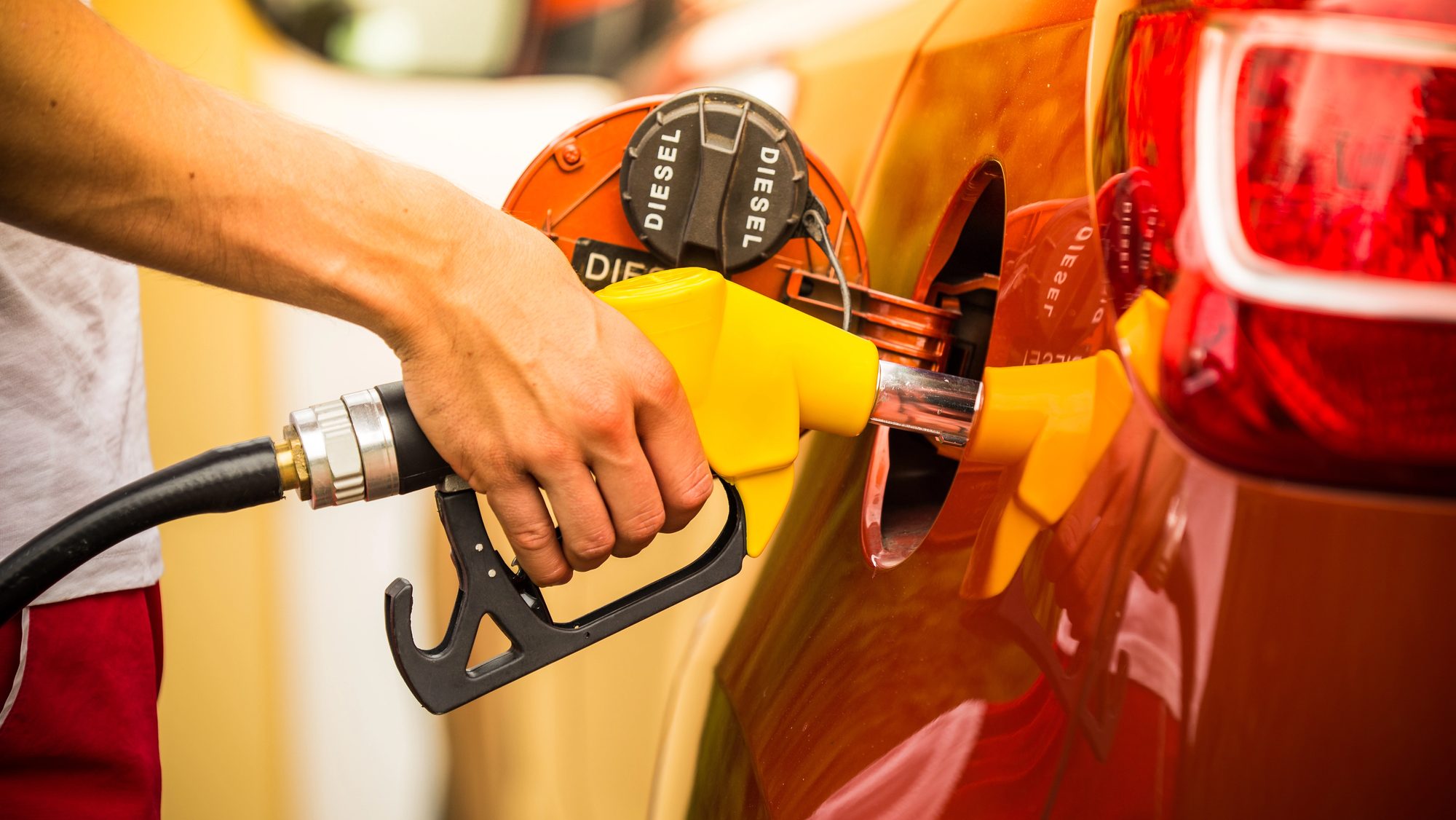MALAYSIA: According to the World Bank, Malaysia must cut back its blanket state support for its most commonly used gasoline this year to meet its spending targets.
On Tuesday, the World Bank said that the government is expected to save about RM7.9 billion (S$2.4 billion) this year from subsidy changes already introduced. However, this falls short of its goal to reduce subsidies and social assistance programmes by RM11.5 billion for the year.
According to Bloomberg, Prime Minister Anwar Ibrahim has promised to replace broad subsidies with targeted assistance. This is part of his pledge to reduce the 2024 budget deficit to 4.3% of GDP, down from 5% last year.
However, a timeline for cutting the RON95 gasoline subsidy has not been given yet after the government increased diesel prices in June. On Monday, Mr Anwar said his government is committed to subsidy reforms, even if they prove politically difficult.
Malaysia currently absorbs a large portion of the fuel and cooking oil costs for its population. Last year, this cost the government around RM81 billion.
On Tuesday, Apurva Sanghi, the World Bank’s lead economist for Malaysia, said the country’s low revenue levels also strain the country’s financial position.
Mr Sanghi explained during a briefing in Kuala Lumpur that Malaysia currently does not have enough revenue to cover its spending needs, stressing that “this is not sustainable.”
He also pointed out that the government may eventually need to bring back the goods and services tax (GST) to tackle this issue.
The World Bank added that a combination of progressive taxes, targeted subsidies, and cash transfers would help support low-income groups while also giving the government more room to manage its long-term financial needs.
Despite these challenges, the World Bank raised its growth forecast for Malaysia to 4.9% this year and lowered its inflation outlook to around 2%, which is in line with government estimates. Mr Sanghi noted, “Malaysia’s economy is in a good place.” /TISG
Featured image by Depositphotos (for illustration purposes only)

